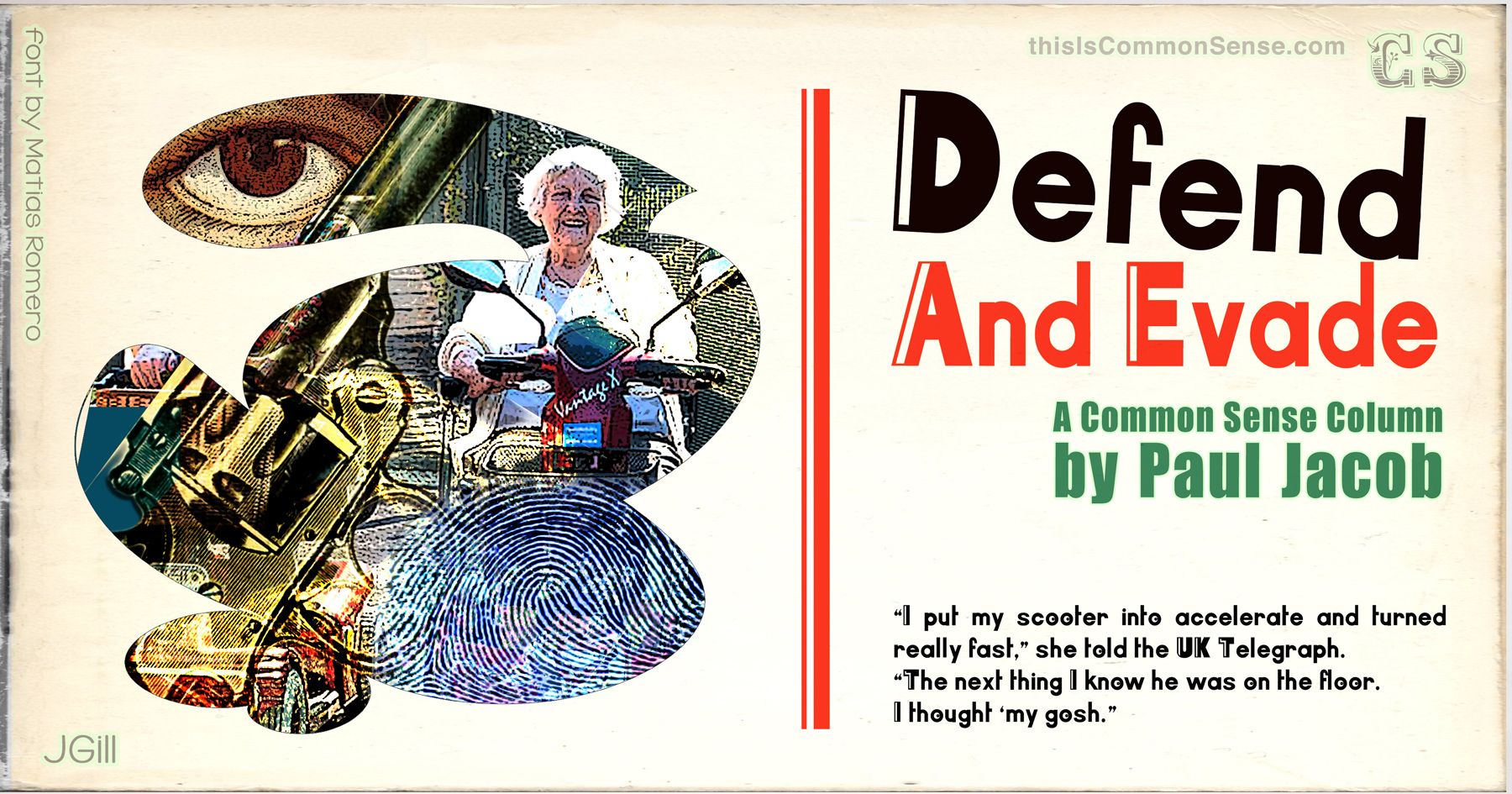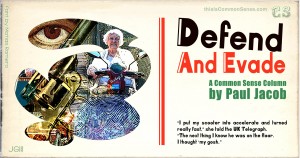As I worried, this weekend, about Dr. Annette Bosworth, and her future sentencing for the “felonies” (minor infractions) she committed in South Dakota, others were similarly anguished about Ross Ulbricht.
A judge just gave him two life sentences in prison for setting up the “Dark Web” anonymous trading service “The Silk Road.” He begged for leniency — “just give me my old age,” the 31-years-old pled — but District Judge Katherine Forrest proclaimed “lawlessness must not be tolerated,” judging Ulbricht “no better a person than any other drug dealer.”
According to the BBC, “Prosecutors say that six people who died from overdoses bought drugs via the site and that such untraceable deals earned Ulbricht at least $18m.” This is supposed to make us hate him as a “drug dealer.”
Which he wasn’t. He set up a trading website — albeit a no-tax, black-market one. The actual trades were the responsibility of the traders. Like on eBay. Emptors caveated, knowing what they were doing.
Curiously, his site could only be accessed using software produced by the U. S. government. Using the judge’s rationale, maybe the federal government should be tried?
Some would say that drug overdoses are the responsibility of the drug users — but more to the point, the main factor in illegal drug overdoses remains their illegality. Not given the sunshine of a legit market, actual dosages are hard to manage: producers don’t usually bother with consistency, immune as they are to the reputation aspects of legal markets, not to mention any regulation or tort law influences that affect legal products’ safety.
In reality, those six deaths are more a result of the government than Mr. Ulbricht.
This is Common Sense. I’m Paul Jacob





